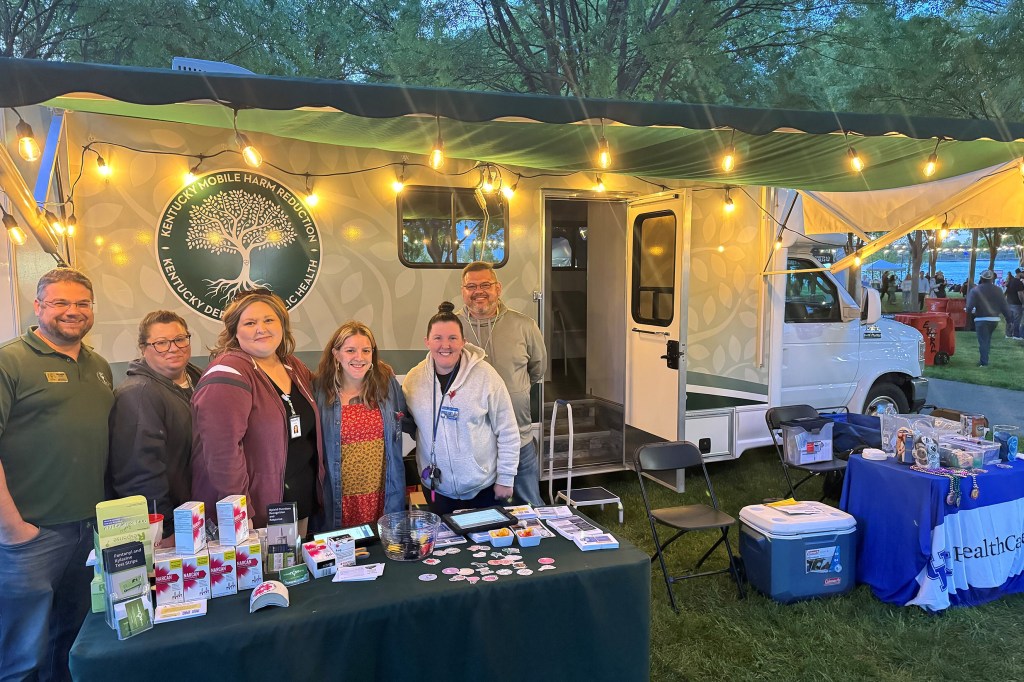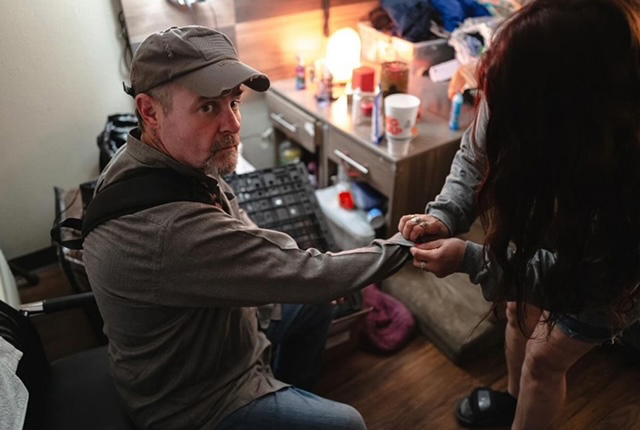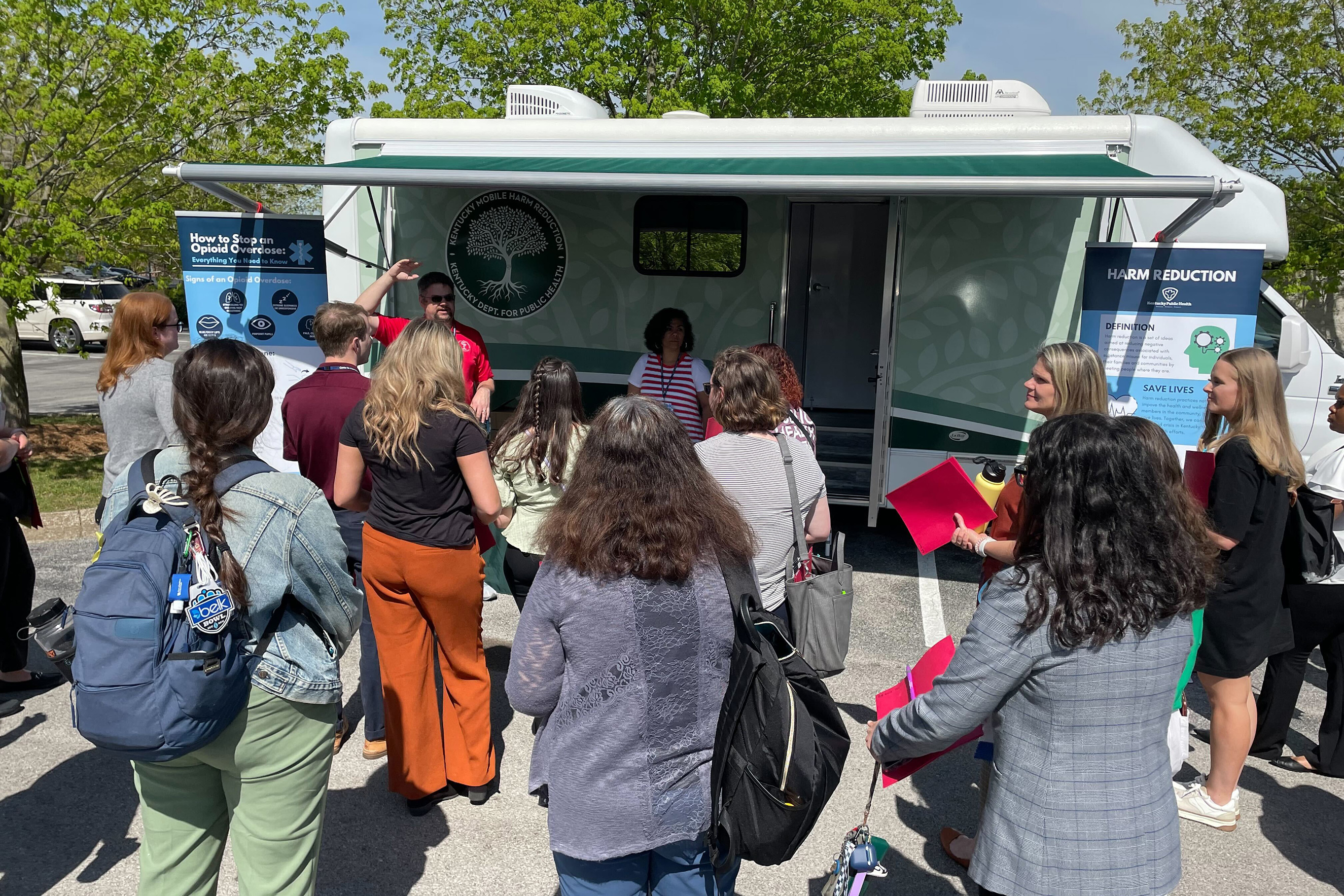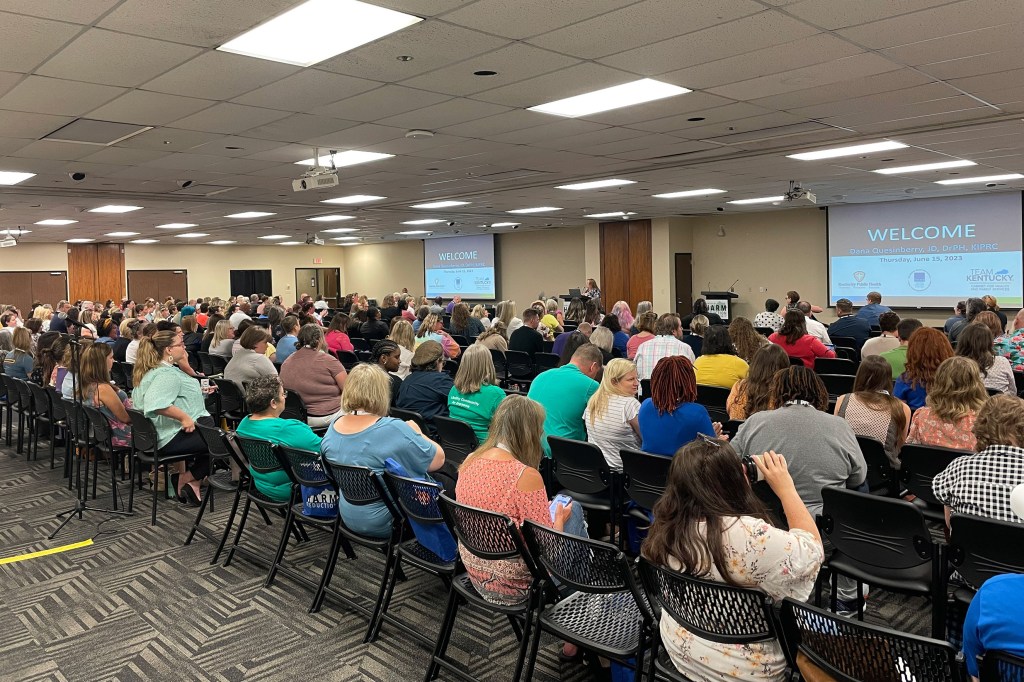
Opioid addiction is one of America’s most daunting public health crises. It spans every class, race, and geographic location. It has affected millions of people in the last 30 years, and there is still no end in sight: According to the Centers for Disease Control, 2021 was the first year that overdose deaths in the United States exceeded 100,000 people, and more than 80,000 of the cases were opioid-related. The same bleak numbers held last year.
It’s impossible to untangle the opioid epidemic from the ongoing legacy of the War on Drugs. For decades, the most common response to substance abuse was criminalization, and even today, it’s possible for individuals to face decades in prison for drug possession, even though incarceration heightens the potential harms and dangers of addiction. People newly released from prison, who face a risk of death 12 times higher than other individuals in their first two weeks of freedom, are most likely to die from a drug overdose.

If there is one lesson to learn from decades of punitive federal and state policies, it’s that sending people struggling with substance abuse to prison solves nothing, because few rehabilitative resources await them there. Half of people in state prisons had a substance use disorder, but only one in 10 received treatment, according to data analyzed by the Prison Policy Initiative.
Prisons expose a greater problem shared across America, too: a profound lack of public health and harm reduction services for people struggling with substance abuse. Nationwide, only 20% of adults with opioid addiction received medication in 2021, and 64% went without any treatment. Many people—especially people of color, women, and those in rural areas like Appalachia—face deeply entrenched barriers to effective treatment and recovery services, including poverty, lack of access to health care, and lack of reliable public transportation. And while opioid addiction touches every corner of society, it compounds issues that affect society’s most vulnerable, including economic insecurity and homelessness.
Thankfully, around the U.S., social justice leaders are rethinking related systems and challenging the prejudices that keep opioid addiction and the criminal justice system so tightly entangled. These advocates and organizations are working in partnership with local governments and in their communities, using their deep understanding of how the opioid crisis has harmed people to get resources directly to those who need it most—saving lives and trying to take short-sighted punishments out of the equation.
In Kentucky, one of the states hit hardest by overdose deaths, the government and advocates are building significant change. In July 2021, after more than 3,000 state and local governments started pursuing opioid makers and distributors to recover billions of dollars in taxes related to the epidemic, a coalition of attorneys general announced that they had reached a $26 billion settlement with manufacturer Johnson & Johnson and three opioid distributors to resolve legal claims. Kentucky received $478 million from this and allocated half to county and local governments, and a growing number are working closely with community-based and public health partners in their research and policy decisions. Vital Strategies, a public health nonprofit that Ford supports, works with Kentucky officials to get the overdose reversal drug naloxone into more communities statewide, help develop programs and best practices for deploying mobile harm reduction vans into underserved areas, and conduct surveys of syringe services programs to help strengthen services, which include sterile syringes and safer use supplies, counseling, and health testing and treatment connections for drug users.

In order to advance public health approaches to overdose prevention, advocates are forming new connections and breaking out of their silos. “Both government and community groups have essential roles to play,” says Daliah Heller, vice president of drug use initiatives at Vital Strategies. “Building trust and relationships between community-based partners and health and government agencies is not only leading to stronger collaboration but more effective solutions.”
While Vital Strategies works with government, community-based groups that Ford supports—such as the Foundation for Appalachian Kentucky and VOCAL-Kentucky—are working at the county and local levels to help Kentuckians impacted by addiction generate new solutions and build bridges between rural and urban communities. VOCAL describes its 120-county strategy as one that reaches “from the hood to the holler,” and it relies on coalition-building, organizing, and public education to build a healthier, more just society. VOCAL’s members mobilized for and attended every one of the Opioid Abatement Community Town Halls, which were designed to gather input on how the state and counties should use hundreds of millions of settlement dollars.
In addition to organizing, VOCAL hasn’t shied away from providing services and direct support to people who need them. “Since our recent opening of our office in Louisville, we have already become a critical community space for respite and care in an area extremely hard hit by overdose, homelessness, and disinvestment,” says ,” says Shameka Parrish-Wright, Executive Director of VOCAL Kentucky. “Our office presents a vision of what we hope to win across the city: a caring space grounded in harm reduction that meets people where they are.”

Meanwhile, the Foundation for Appalachian Kentucky (FAKY) is grappling with a region devastated by both the opioid epidemic and heavy criminalization of it, which has driven a 250% increase in the jail population in Eastern Kentucky in the past two decades. FAKY builds homegrown solutions in rural communities and emphasizes a shift toward prevention, rather than punishment. In partnership with regional legal services agency Appalred Legal Aid, they developed Project Renew, a reentry support pilot project that connects people to critical resources such as housing, transportation, and treatment, while also providing legal support to minimize barriers to reentry success.
“The project started in a single county jail and then expanded to include folks in addiction recovery centers around the region,” says Amelia Kirby, director of the Sycamore Fund at FAKY, “The model was so successful that funds from the Opioid Abatement Settlement Fund have been granted to implement Project Renew across the state.”
While there have been setbacks—including legislation passed this year that further criminalizes addiction and ignores its root causes—community leaders such as these give us many reasons to hope for a better future. The coalitions and partnerships that they’ve established—and the defenses they mount against harmful proposals that continue opioid criminalization and keep people trapped in cycles of poverty, substance abuse, and incarceration—will create the roadmap for the next generation. Expanding services like mobile harm reduction resource vans, counseling and treatment services, and vibrant recovery communities have a meaningful impact in peoples’ lives, no matter where they are on their recovery journey.
Related Grantees
